
There are a few people who are not aware that discs are soft cushions located between the vertebrae that make up the spinal column. In the middle of that spinal column is a spinal canal that contains the spinal cord. Spinal cord contains the nerves that supply the arms, legs and torso. The discs between the vertebrae allow the back to move without limitations and act as shock absorbers.
There are two main sections that make the disc. In cases when a disc ruptures or herniates, the jelly center pushes through the outer wall and into spinal canal which puts extra pressure on the nerves.
What do you feel?
80% of all people experience low back pain at least once in their life. Sciatica is the most common symptom of a herniated disc. People who experienced the pain caused by sciatica know that it is a sharp and shooting pain that starts in the buttocks and goes down the back of one leg.
Apart from sciatica, there are other symptoms like weakness in either one or both legs, numbness and tingling in one leg, a severe pain in the low back, back pain but with increasing leg pain and loss of bladder or bowel control. In case of the last two symptoms a person should immediately go to the hospital.
How can a person know when he is having a herniated disc?
In most cases medical history is the key to a proper diagnosis. Physical examination and an X-ray will determine which nerve roots are affected. The doctor will order an MRI in order to determine which disc has herniated.
Why do discs herniate?
Discs consist mainly of water and with age that water decreases and discs begin to shrink and lose shape. Without water, the discs become less flexible. Apart from age, there are other factors that contribute to disc herniation like excess weight or improper lifting.
The best treatment options
People who need to treat a herniated disc can use some of the traditional treatments like ice and heat, ultrasound, electrical stimulation, cortisone injections and anti-inflammatory medications. In some cases surgery is the best option.
However, these treatments will not cure the real cause of a herniated disc. It is important to identify and address the physical dysfunctions that are causing the pain as part of the recovery.
- www.nhs.uk/conditions/slipped-disc/
- medlineplus.gov/herniateddisk.html
- Photo courtesy of Dina-Roberts Wakulczyk by Flickr: www.flickr.com/photos/littlesister/312262406/


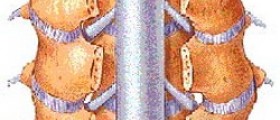
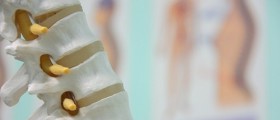
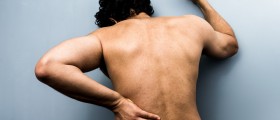
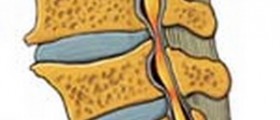
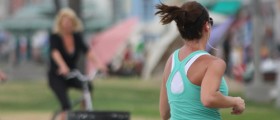
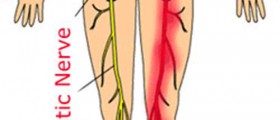
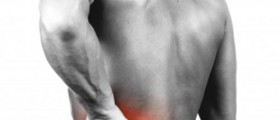
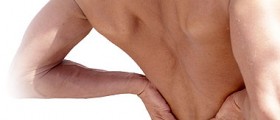
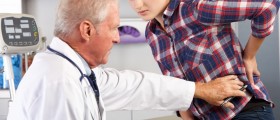
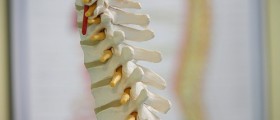
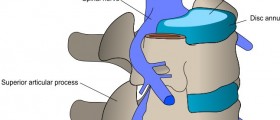

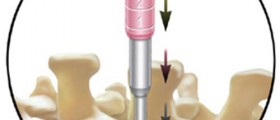

-Causes,-Symptoms,-Diagnosis,-Treatment_f_280x120.jpg)
Your thoughts on this
Loading...